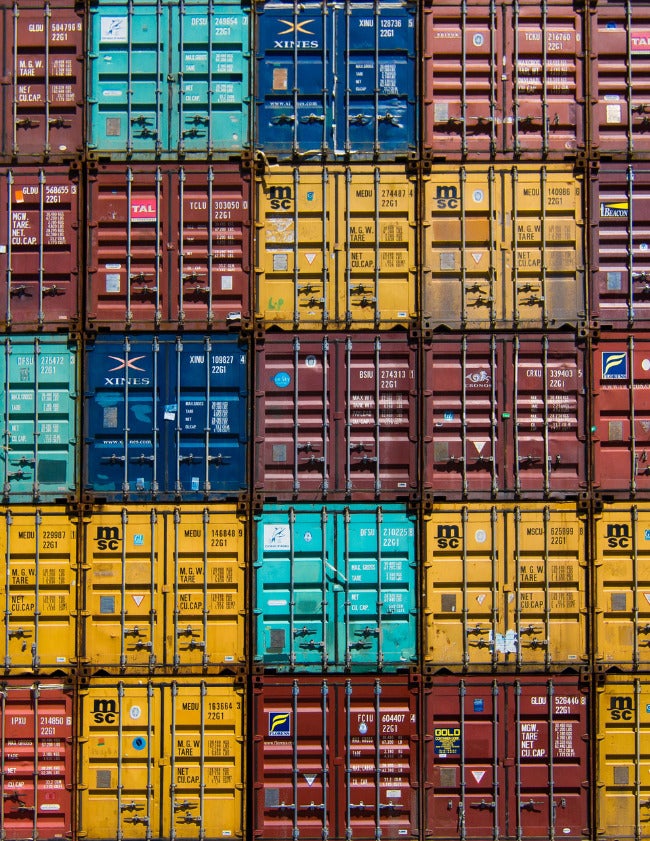Losing one’s home and fractured communities are at the heart of the documentary Gasland Part II, which closed out this summer’s NEW VIEWS Documentaries and Dialogue series, co-presented by the Aspen Institute Arts Program and Aspen Film.
But the film, the sequel of the Oscar-nominated Gasland, which spurred a national debate on hydraulic fracturing (or “fracking”), goes far beyond that. Director Josh Fox digs deep into the issues surrounding the oil and gas industry and its most recent method of energy extraction, highlighting not only the stories of the families most directly affected by it, but also the energy companies’ efforts to conceal information and the political system that’s too often steering the conversation in its own interests regardless of what’s happening on the ground.
Gasland Part II begins with a clip of one of President Obama’s many speeches touting natural gas fracking as a wonderful thing for the nation — a solution that will create jobs and lead the United States to energy independence.
But the story quickly turns personal for Fox, who lives in the family home his immigrant father built on the Delaware River, near the border of Pennsylvania and New York. Using an array of still and video images, maps, and aerial shots, and with a voiceover that breathes tension and fear, Fox explains how an exploratory well was drilled one mile from his home. Sitting atop the gas-rich Marcellus Shale Formation, the river basin where he lives was being eyed for some 18,000 natural gas wells.
“Sometimes you can’t figure out what’s going on in your own backyard without figuring out all the places your backyard is connected to,” Fox says, portending the story he’s about to tell.
With dramatic interviews, startling imagery, and in-depth reporting, Fox goes on to profile people impacted by natural gas drilling in Dimock, Pennsylvania; Weatherford and Dish, Texas; Pavillion, Wyoming; Queensland, Australia, and elsewhere.
In the case of Dimock, a tiny township that became the poster child for fracking and the political tug of war that frequently accompanied it, residents’ wells were contaminated with methane and other unsafe compounds after Cabot Oil and Gas started drilling there. The residents banded together to demand safe drinking water, sued Cabot, and were taken on a roller coaster ride of ups and downs, victories and defeats, by the EPA and the shifting political establishment whose decisions seemed to be controlled by the energy industry.
The film gets up close and personal in people’s lives, showing their concerns, frustrations, and battles against fracking, as well as numerous shots of dirty and even flammable water. Detailing the health problems residents — and particularly children — near gas well report having, it emphasizes that this phenomenon is driving people from their homes and from the communities that many have been tied to for generations, oftentimes leaving their properties worthless.
Beyond explaining what fracking is (high-pressure drilling deep into the earth that breaks apart shale rock with chemical-laden water) and how widespread it could be (1 to 2 million wells are projected to be drilled, according to the film), Fox also delves into the natural gas industry’s efforts to deny any culpability for its negative impacts, including public relations campaigns based on military tactics.
But most of all, the film ties these efforts to politicians whom Fox claims are bought and paid for by the industry, and who are responsible for not holding the industry as accountable as it should be, and for allowing people to pay the often high price of natural gas drilling in their backyards.
The film also touches on some even more alarming topics: the potential connection between earthquakes and fracking, the myth that natural gas is a cleaner, cheaper energy source, and the silencing of people who are most vocal about the issue. Which leads to the final, climactic scene, in which Fox finds his own First Amendment rights challenged.
(A Q&A with Anthony Ingraffea, a scientific expert on fracking and climate change, was canceled due to travel complications.)

